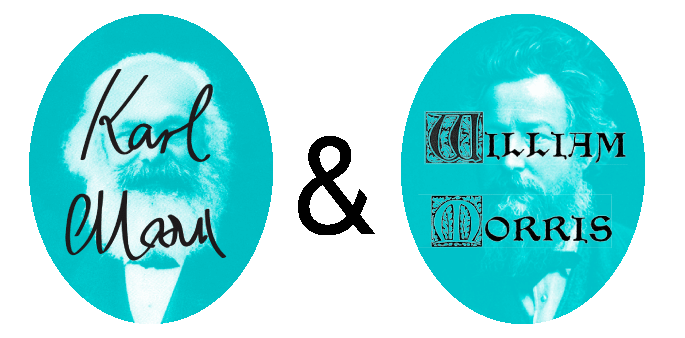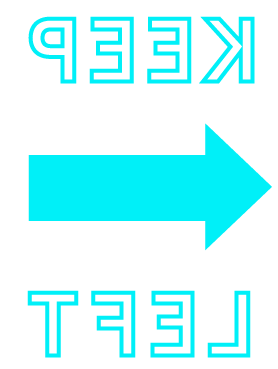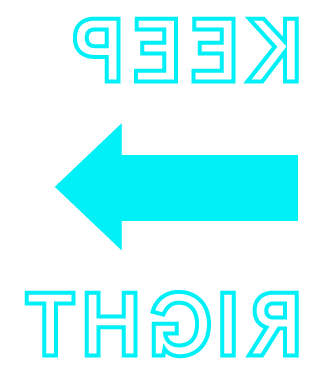-
Architecture
of the
Civic
EconomyA manifesto for soft power
by Indy Johar





crowd-founded wind farms in Holland

citizen-led post-riot clean ups of London
local corner shops in Birmingham founded by citizen micro bonds
community-owned broadband connections in villages like Rutland
and global open-source furniture.
-
This is a future built not on minimal involvement and “Post-it note participation” but on meaningful investment in citizenship. This is a future focused on “more operational ingenuity, less three-dimensional ingenuity, and more social structure”, to quote Cedric Price. This future is not for the proponents of “committees” and decision-making power brokers, but for social changers and doers.
-
This is a future driven by the rapid and liquid democratisation of the means of production, a future that in many ways

could only dream of,
and one in which they finally meet Adam Smith – where the democratisation of production meets the democratisation of consumption. As part of this future, our means of organisation are evolving from the hierarchical and industrial to the
open and social. -
This reality is made technically possible by the internet, by dramatically reducing the costs of participation, transaction, administration, and transparency to virtually zero.
 in which we can organise ourselves socially via
in which we can organise ourselves socially via
 raise funding via kickstarter and indiegogo
raise funding via kickstarter and indiegogo make designs via wikihouse.cc or opendesk.cc and analyse what we find via opendata.
make designs via wikihouse.cc or opendesk.cc and analyse what we find via opendata. -
This is a future of design that is open and data-driven. This is a future in which we are invited to be craftsmen and craftswomen, not designers from a distance; in which space is recognised as being at a fundamental Beta stage.
Just as the Fordists gave rise to the machine modernist and the high-tech manufacturing era, this civic economy will recast the DNA of architectural forms. However, this revolution will not be just about style and our neophile capabilities in 3D design. It will demand the evolution of our very practice, behaviour, and relationship with the public.


Jan Gossaert’s “Adam and Eve”, c. 1507-1508. (Image: Wikimedia Commons)
-
This is the future where the client or regulator will not be the state, but the public sphere itself. This is a future that will drive us to create architecture that embraces democracy in a structural sense, demanding architects to be operational and innovative in their design of social ecosystems. This is a future that displaces hard power with soft power, and recognises design as a master tool of soft power.
-
Indy Johar is a co-founder of 00:/ a qualified architect and institutional innovator with particular experience in socially driven sustainability.
On behalf of 00:/, he has co-founded multiple social ventures from HubWestminster.net to the up coming HubLaunchpad.net (A four million GBP Open Venture Accelerator) and has also co-led research projects such as The Compendium for the Civic Economy, whilst supporting several 00:/ explorations and experiments including the wikihouse.cc and opendesk.cc.He is a Director of Data Science London and an advisor to the Earth Security Initiative. In collaboration with the Young Foundation he is co-founding a new Applied Research, Design and Prototyping Centre focused on the development of new 21st century institutions and information architectures. The centre is currently working on the series of institutional start ups and research networks from the Polytechnic of the future to Next Gen Corporate organisation for Social Innovation.
This is a future that has been either trivialised or politically appropriated by both the left and the right, for superficially different reasons within the current economic context. We have to be sure that the future is not a policy product of a single political agenda, but that new organising principles will emerge. And just maybe, the future will provide an organisational model that is more effective, efficient, and egalitarian than the representative democracy of the modern shareholder economy. The only question that remains is whether “architects” will strive for a role in this future, or will be banished to the annals history. Either way the future won’t fret.


-
Search
-
FIND PRODUCTS
PRODUCT GROUP
- Building Materials
- Building Panels
- Building technology
- Façade
- Fittings
- Heating, Cooling, Ventilation
- Interior
- Roof
- Sanitary facilities
MANUFACTURER
- 3A Composites
- Alape
- Armstrong
- Caparol
- Eternit
- FSB
- Gira
- Hagemeister
- JUNG
- Kaldewei
- Lamberts
- Leicht
- Solarlux
- Steininger Designers
- Stiebel Eltron
- Velux
- Warema
- Wilkhahn
-
Follow Us
Tumblr
New and existing Tumblr users can connect with uncube and share our visual diary.
»Don‘t fight forces, use them.«
Richard Buckminster Fuller
Keyboard Shortcuts
- Supermenu
- Skip Articles
- Turn Pages
- Contents


